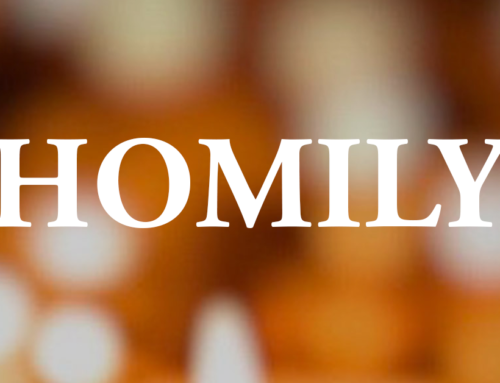“Who Needs Fireworks?”
On this Fourth of July weekend, I want to say a few words about fireworks. But first, I should tell you, it’s my fault that you had to sit through that long reading from 2 Kings. The lectionary actually offers us a choice of first readings. I passed up the short reading from Isaiah and chose this one because the English major in me has a soft spot for these ancient, convoluted tales.
And it occurred to me, as I read that passage and our Gospel reading, that they’re both about fireworks.
Who doesn’t love fireworks, right? Certainly, the people in these readings love fireworks. They want fireworks. But I want to suggest to you that what both of these stories tell us is that we don’t actually need flashes of light and big booms to understand that God is among us and working through us to heal our world.
Our first reading from the Book of Kings is convoluted. The upshot is that Naaman — a powerful man who commands the armies of a powerful king in a country adjacent to Israel — is healed of leprosy. There is a lot to unpack here, starting with the role of the enslaved Israeli girl and the fact that Naaman is a foreigner. But let’s cut to the chase and focus on Naaman’s meeting with the great prophet Elisha. Or rather, Naaman’s non-meeting with Elisha. Because they never actually meet face to face.
Many people have worked to pave the way for Naaman to seek Elisha’s help. But when Naaman shows up at Elisha’s door, in his chariot with all his horses … By the way, anytime someone in Scripture shows up with chariot and horses — think Pharaoh and all his army — they’re about to be humbled. So when Naaman shows up with his chariot and horses, Elisha doesn’t come out. Instead, Elisha sends a messenger who tells Naaman to wash in the Jordan River seven times, and he will be healed.
Naaman’s reaction: “Is that it? Really? Do you know who I am?” Because Naaman wants fireworks. He wants something flashy, not a quick splash in the itty-bitty River Jordan. At least bathing in one of the mighty rivers of Damascus. So Naaman leaves in a rage – he takes his ball and bat and goes home. Still sick, with something that in that era will kill him. Although Naaman’s servants ultimately persuade him to do as Elisha said, and Naaman is healed.
And then we have the 70, whom Jesus sends out to speak the word of God and to proclaim God’s power by healing the sick. Jesus tells the 70 to travel lightly — which I suppose should have clued them into the right approach. But the 70 are giddy when they return, saying, “Lord, in your name even the demons submit to us!” They like that power. It feeds their Egos with a capital E.
And Jesus says to them, you want fireworks? I watched Satan fall from heaven like a flash of lightning. God has given you power to heal. But don’t rejoice in that. Rejoice that your names are written in heaven.
What are we to make of all this?
Consider this: God gives us holy work to do. We are charged with helping our fellow human beings to find connection with God — to experience God’s grace and love, and to be healed.
We all, every one of us, need an ego, with a lowercase e, to define ourselves and to function in this world with confidence and grace. But that’s different from capital E Ego. When we live as people of God, seeking to help others in need, there may be fireworks … sometimes. But more often, that work is quiet. It happens every day, if we keep our eyes and ears open. We don’t need the fireworks, the ego with a capital E.
Because it’s not about us. It’s about God. Like the servants who urge Naaman onward, and like the 70 sent out like lambs, our job is to connect God’s extraordinary and life-giving love to all who need it in our world. No fireworks necessary. Amen.
–Barbara Toman
PDF: Homily for Pentecost 4 (Proper 9C)
Written by Barbara Toman
July 3, 2022


